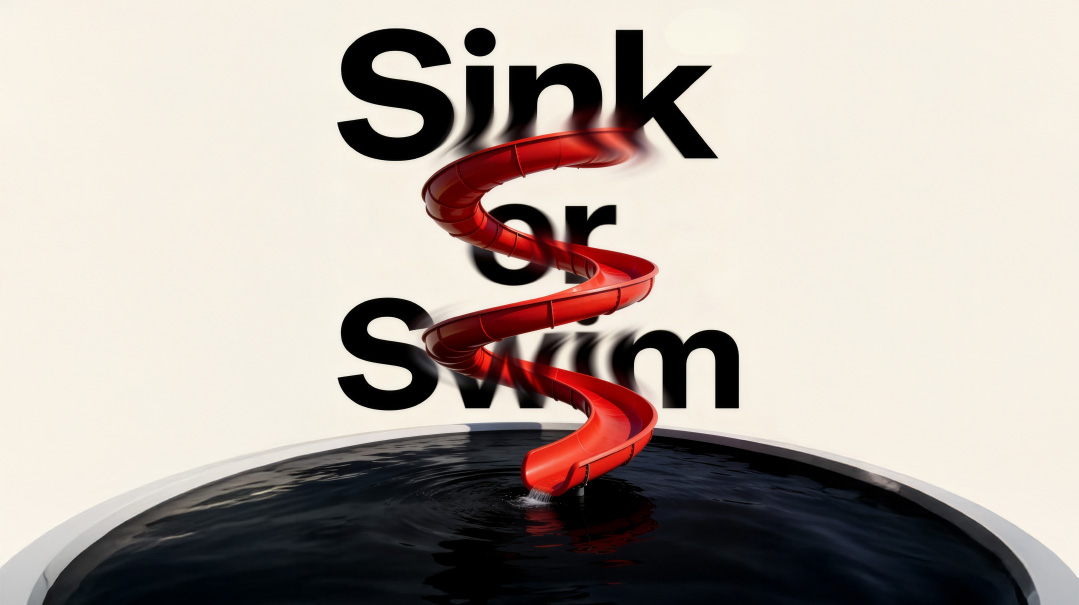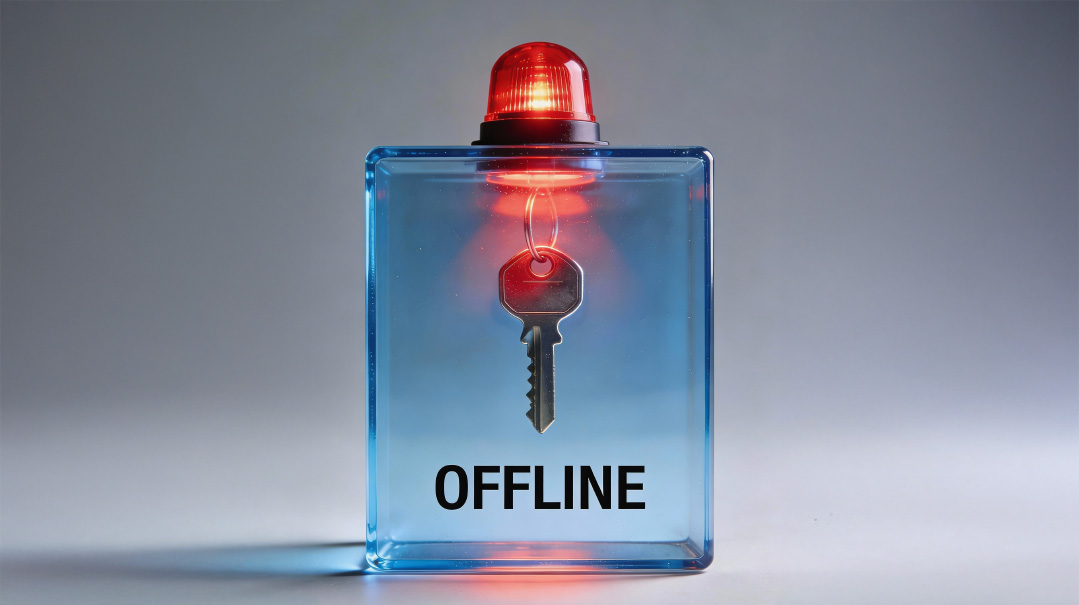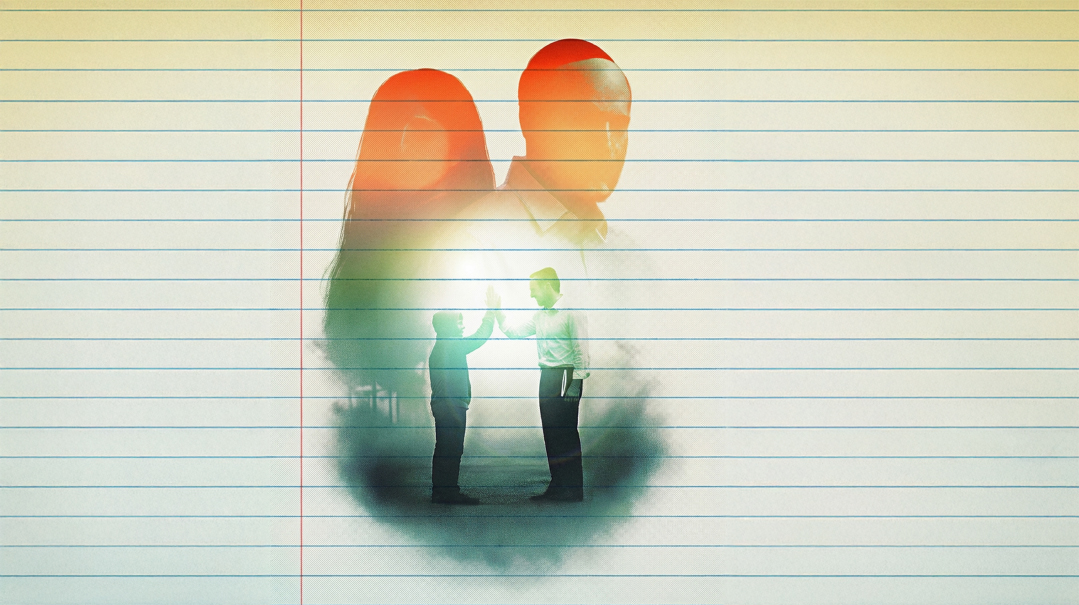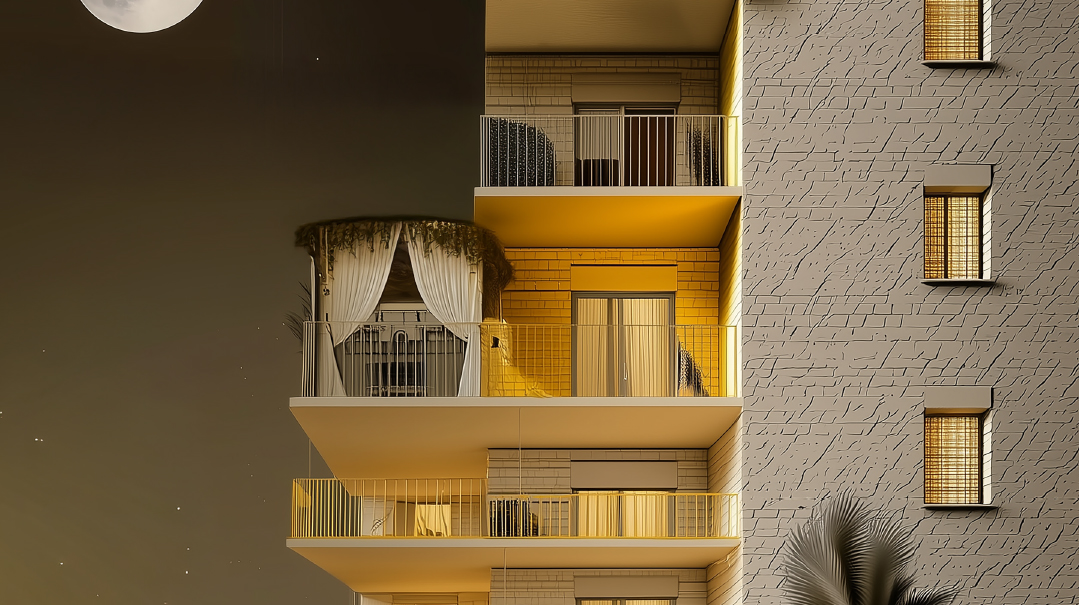A Night to Remember
| June 9, 2024This may have been the best Shavuos night they ever had but we paid the price
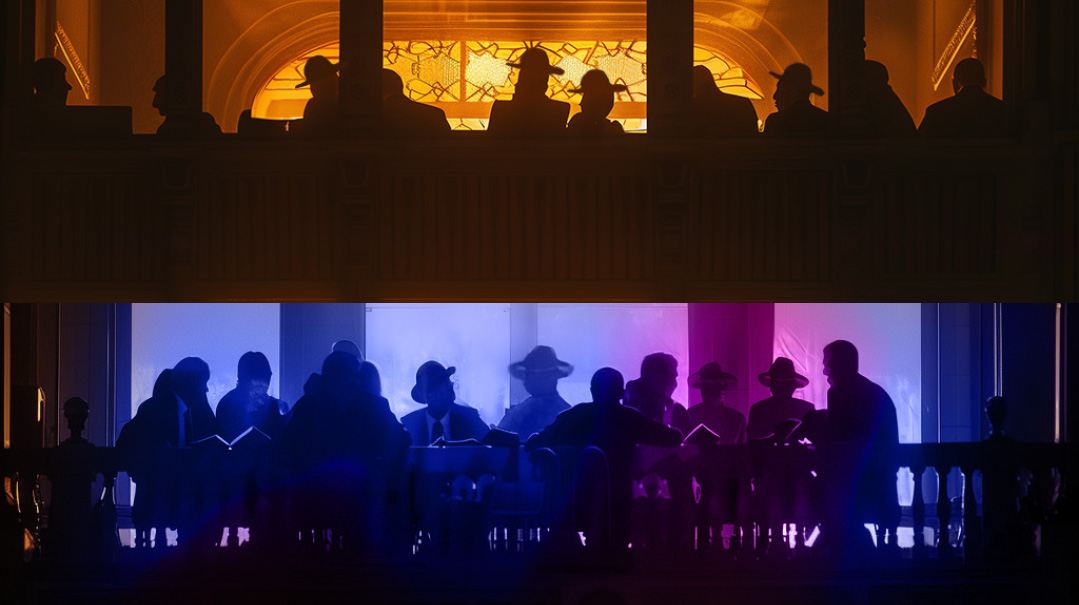
Shuey: We planned something special, for the people who needed it. Is it my fault it was so popular?
Eliyahu: We have a tradition that we follow here every year. Your big event ruined it for everyone.
Shuey
“Bar Yochai, nimshachta ashrecha…”
Spirited dancing, lively music, and dozens of voices raised in song filled the parking lot behind the shul. In the center, flames leaped and soared from the carefully constructed bonfire.
I gently let my youngest son down from my shoulders and he scampered off to his friends. I joined one of the ever-evolving circles and let myself go. The dancing, the atmosphere, the uplifting songs, nothing like it. And our shul had built up something beautiful over the years, a real warm and welcoming atmosphere, so many families, a mix of ages and stages and backgrounds, but still with that feeling of unity and all being a part of things.
Chaim Mensch, one of the younger shul members, grabbed my hand and pumped it as he kicked and jumped in time to the music.
“Reb Shuey! Let’s make a matzav!”
Chaim was a leibedig guy, the type to draw a crowd wherever he went. Sure enough, a bunch of the younger chevrah appeared out of nowhere, and suddenly I was in the center of a large, whirling circle of energetic men, going faster and faster.
“Lichvod Rabi Shimon!” someone called, lifting one hand to the sky.
Over Chaim’s shoulder, I could see the circle of more senior shul members, dancing with the Rav, more staidly. Maybe I belonged over there, but the young guys were kind of my guys too. They’d become that, sort of by default, when I’d taken on the role of organizer of the popular evening Daf Yomi chaburah.
It was interesting how that happened — a couple of guys had mentioned to me that they wished there was a Daf Yomi shiur that worked with their schedule (and, though they were polite enough not to say it, something more on their wavelength). The Rav gave a Daf Yomi shiur each morning, but it didn’t work for everyone.
I’d tapped Reb Binyamin Lowi, a popular mechanech and talented orator, asked him if he’d start a small chaburah, a few guys who needed it. Working guys, the kind who didn’t have a regular learning seder, it would be a big zechus…
Turned out it was an even better idea than I’d thought. The guys went wild over Reb Binyamin’s shiurim — they were short and incisive and thorough and entertaining, all at the same time. It was just what these guys — a younger, working crowd, the ones who couldn’t sit for hours over a Gemara — needed.
The chaburah had been going strong for a couple years now, and I’ve kept up the responsibility for it — making sure the room’s prepared, taking care of the little details, putting together the siyumim. It sort of happened on its own, and somehow snowballed into a nice-sized crowd each day, and while I never really signed up to be one of those guys taking charge of shul events, it somehow kind of happened.
I danced a little longer with the chaburah chevrah, then went to check on my kids. They were happily dancing with the other boys, and the keyboard player started one final song. It was getting late; time to wind down. I saw some of the bonfire’s organizers approach the fire, which had already started to die down, with pails of water to put out the flames.
“Hey,” called Chaim when the music crescendoed into a finale and then finished, last few chords echoing in the smoky night air. “Kumzitz?”
A couple of guitars materialized, and some of the guys started marshalling everyone into a circle. I noticed some bottles of l’chayim appearing out of nowhere.
One of the gabbaim approached Chaim and said something. He didn’t look happy. The bonfire-extinguishers started dousing the flames.
Curious, I stepped closer.
“What’s this about?”
Chaim shrugged. “I figured, everyone’s having a great time, let’s cash in on the inspiration and have a nice kumzitz, everyone will enjoy.”
The gabbai waved a hand. “It’s late, the program’s over. We don’t want to cause a disturbance. We told everyone what time it’ll be over, and we need to stick to it. If you want to sing, you can do it in a room inside. Take the guitars in there.”
Oops! We could not locate your form.

